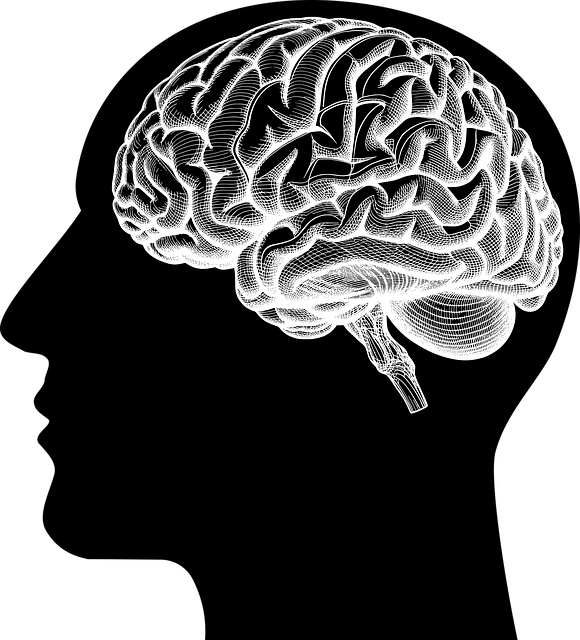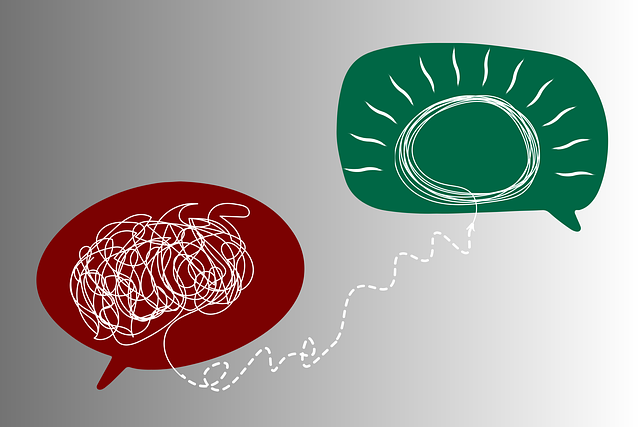Northglenn Anger Management Therapy promotes positive thinking as a powerful tool for personal growth, stress reduction, and improved mental health. Their holistic approach combines therapy, journaling exercises, and community outreach to help individuals manage anger, reframe negative thoughts, and cultivate optimism. By integrating these practices into daily life, people can enhance emotional resilience, reduce burnout among mental health professionals, and create a supportive network that fosters overall well-being.
Discover the transformative power of positive thinking with this comprehensive guide. Explore how Northglenn Anger Management Therapy leverages powerful techniques to promote a positive mindset, significantly enhancing mental well-being. Learn from our step-by-step exercise implementation plan and overcome common challenges. By integrating these strategies into your daily routine, you’ll unlock lasting changes, fostering resilience and a more optimistic outlook on life.
- Understanding Positive Thinking and its Impact on Mental Health
- The Role of Northglenn Anger Management Therapy in Promoting Positive Thinking
- Step-by-Step Guide to Implementing a Positive Thinking Exercise
- Overcoming Common Challenges in Adopting a Positive Mindset
- Integrating Positive Thinking into Daily Life for Lasting Changes
Understanding Positive Thinking and its Impact on Mental Health

Positive thinking is a powerful tool that can significantly impact an individual’s mental health and overall well-being. It involves cultivating a mindset focused on optimism, gratitude, and personal growth. By shifting one’s perspective, individuals can reduce the negative effects of stress, anxiety, and even conditions like depression. This simple yet profound practice has been recognized as an effective approach in various therapeutic settings, including Northglenn Anger Management Therapy, where it aids clients in managing their emotions and improving interpersonal relationships.
The benefits of positive thinking extend beyond personal experiences. When implemented in community outreach programs, this concept can foster a sense of belonging and resilience among participants. Additionally, mental health professionals can incorporate these strategies into risk management planning to enhance client outcomes and prevent burnout, which is a common challenge in the healthcare sector, especially with the rising demands of modern times, including effective Burnout Prevention Strategies for Healthcare Providers.
The Role of Northglenn Anger Management Therapy in Promoting Positive Thinking

Northglenn Anger Management Therapy plays a pivotal role in fostering positive thinking and emotional well-being. Through specialized techniques and strategies, this therapeutic approach helps individuals navigate and manage their anger effectively, which is often a significant barrier to positive thought patterns. By addressing underlying triggers and teaching healthy coping mechanisms, Northglenn Anger Management Therapy empowers clients to respond rather than react, fostering resilience building and better mood management.
The program’s holistic focus extends beyond anger control, intertwining with the broader goal of mental wellness. Participants gain insights into their emotional responses, learn to challenge negative thought patterns, and cultivate a mindset that promotes personal growth. This transformative journey is further enhanced through resources like the Mental Wellness Podcast Series Production, offering continuous support and practical tips for maintaining positive thinking in daily life.
Step-by-Step Guide to Implementing a Positive Thinking Exercise

Implementing a positive thinking exercise can be a transformative tool for individuals seeking to improve their mental health and overall well-being, especially those enrolled in Northglenn Anger Management Therapy. Here’s a step-by-step guide designed to enhance your Community Outreach Program Implementation while fostering resilience.
Begin by introducing the concept of Mental Wellness Journaling Exercise Guidance. Encourage participants to set aside dedicated time each day for reflection and positive affirmations. This can involve writing down three things they are grateful for, followed by reframing negative thoughts into more constructive ones. For instance, instead of dwelling on a past mistake, guide them to focus on what they learned and the potential for future growth. Incorporate this practice into their daily routine, offering ongoing Mental Health Risk Management Planning support as needed. By consistently applying these techniques, individuals can significantly improve their ability to navigate challenging situations with a more positive mindset.
Overcoming Common Challenges in Adopting a Positive Mindset

Adopting a positive mindset is often met with resistance due to deeply ingrained habits and cognitive biases. One significant challenge individuals face when trying to cultivate positivity is combating negative thought patterns, especially during moments of stress or adversity. Many people struggle to break free from these patterns, which can lead to feelings of hopelessness and even exacerbate mental health conditions. For instance, someone in Northglenn Anger Management Therapy might find it difficult to maintain a positive outlook while dealing with intense emotions.
Overcoming these challenges requires consistent effort and the implementation of practical strategies. Compassion cultivation practices have proven effective in fostering a more positive mindset by promoting self-acceptance and empathy. Additionally, mental illness stigma reduction efforts play a crucial role in encouraging individuals to seek help without fear of judgment. By incorporating stress reduction methods into daily routines, one can create a buffer against negative thoughts and enhance overall well-being, making it easier to navigate life’s challenges with a more optimistic perspective.
Integrating Positive Thinking into Daily Life for Lasting Changes

Integrating positive thinking into daily life is a powerful tool for lasting personal change. At Northglenn Anger Management Therapy, we understand that cultivating an optimistic mindset requires consistent effort and practice. Our approach emphasizes the importance of adopting strategies that promote inner strength development. By incorporating mental wellness journaling exercises into their routines, individuals can gain guidance in identifying and challenging negative thought patterns. This practice not only enhances self-awareness but also fosters a sense of agency over one’s emotions and behaviors.
Beyond individual therapy, community outreach program implementation plays a vital role in spreading the benefits of positive thinking. By sharing effective mental wellness journaling exercise guidance, we empower folks to take control of their mental health proactively. This collaborative effort creates a supportive network where individuals can learn from each other, fostering a sense of belonging and enhancing overall well-being within the community.
Implementing positive thinking exercises, with the guidance of programs like Northglenn Anger Management Therapy, can significantly improve mental health and overall well-being. By following a structured approach, as outlined in this article, individuals can navigate challenges and cultivate a lasting positive mindset. Embracing these strategies allows for personal growth, enhanced resilience, and a more fulfilling life, ultimately revolutionizing one’s perspective and approach to daily interactions.














